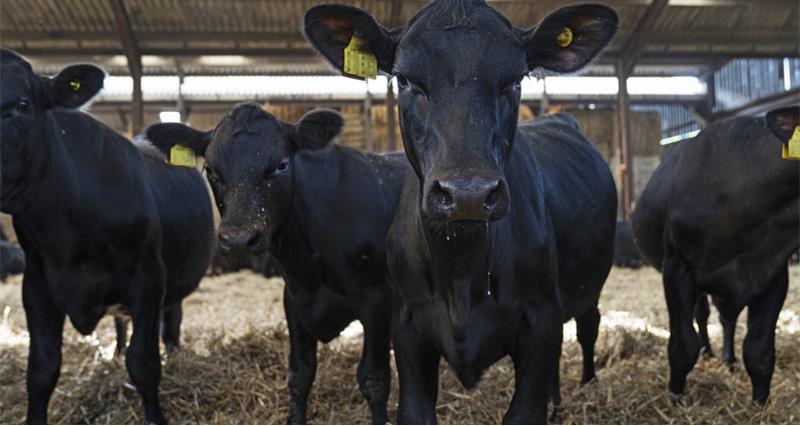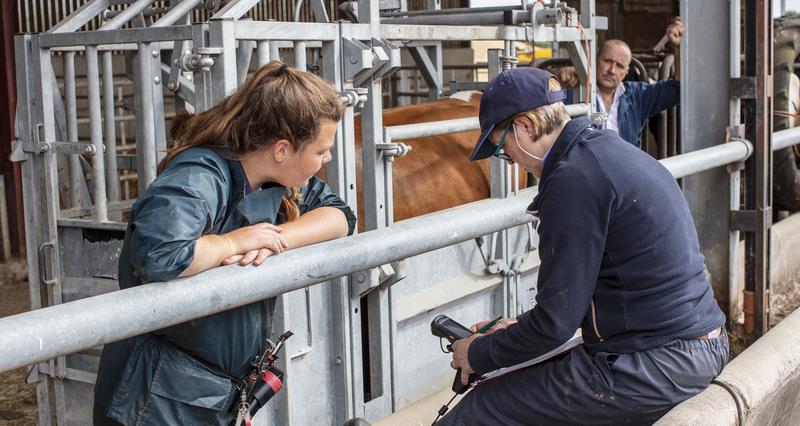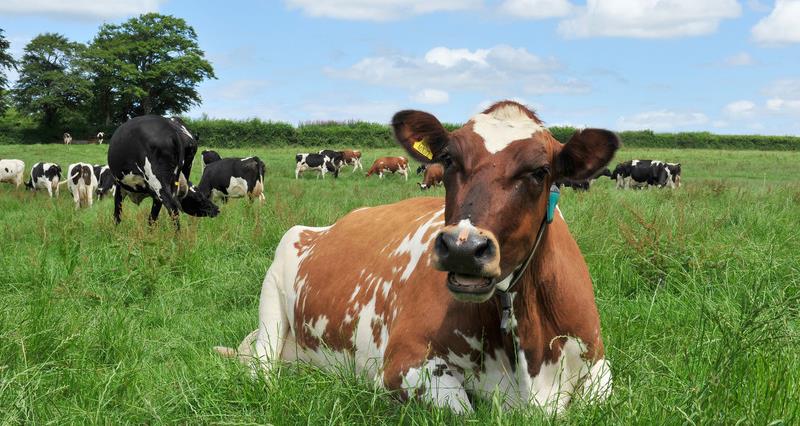In March 2020, the government published its updated strategy for bTB eradication by 2038. This included phasing out of wildlife control by 2025 and a greater focus on vaccination of cattle and badgers. It also included an ambition to improve diagnostics and surveillance.
However, the latest peer-reviewed evidence from the first 52 areas where badger culling was conducted also shows a reduction in rates of bTB breakdowns in cattle down on average by 56% after four years of culling.
The number of new TB breakdowns is at its lowest since 2004, with the herd incidence rate in England reaching its lowest level since 2007.
NFU President Tom Bradshaw said: “Bovine TB continues to have a huge impact on thousands of farming families across the country and the emotional, mental and financial strain this devastating disease causes is enormous.
“More than 19,500 cattle were slaughtered in England in the 12 months to September 2023 because of bTB.”
Evidence-led approach
The consultation will run for five weeks and will look at retaining badger culling as an option in targeted parts of the High-Risk area and Edge areas, where there are high levels of infection in cattle, and where evidence suggests badgers are part of the problem in the spread of disease to these herds.
The UK’s Chief Veterinary Officer will review the disease situation annually to inform decisions on whether badger culling or badger vaccination would be deployed.
The consultation will also consider proposals for publishing additional information about animal and herd level bTB risk, to help those purchasing cattle to factor in such risks when sourcing new stock.
Views are also being sought on Defra assuming the licensing authority role for licences issued under the policy along with the aim of reducing the administrative burden placed on farming groups delivering badger culling and vaccination through the use of a single organisational licence.
“We are pleased that this consultation will consider how local partnerships in Targeted Badger Control areas, which will see a combination of culling, badger vaccination and on-farm biosecurity, are best deployed."
NFU President Tom Bradshaw
‘No easy answers’
The NFU supports the government’s ambition of achieving a TB-free England by 2038, and secured a major milestone twelve years ago, with the creation of the first holistic bTB eradication strategy which included biosecurity, enhanced cattle testing, badger culling, and vaccination possibilities as key elements.
NFU President Tom Bradshaw said the current government strategy to control and eradicate bTB, which gives farmers access to multiple measures to tackle the disease, including badger culling, “has been hugely successful”.
“New data in the Birch Review provides further evidence of this, demonstrating the herd incidence rate of TB reduced by 56% in areas that have had four or more years of culling,” he added. “It’s great to see the Secretary of State acknowledge this and the importance of maintaining momentum.
“We are pleased that this consultation will consider how local partnerships in Targeted Badger Control areas, which will see a combination of culling, badger vaccination and on-farm biosecurity, are best deployed.
“The NFU will continue to work with its members and government to ensure a successful strategy to eradicate bTB continues to be based on sound science and evidence.”
Defra Secretary Steve Barclay said there were “no easy answers in the battle against TB, but badger culling has proved highly effective and needs to remain a key part of our approach”.
“Our strategy has led to a significant reduction in this insidious disease, which we will continue to cull in areas where the evidence confirms it is required, as well as making use of vaccinations.”
The NFU will be seeking views from its members to help inform its response to the consultation.



